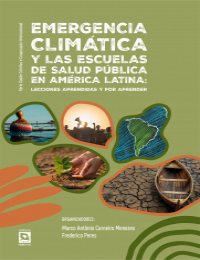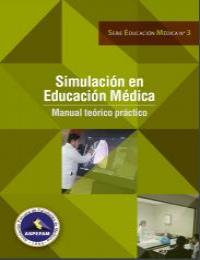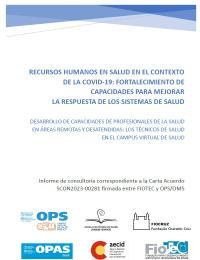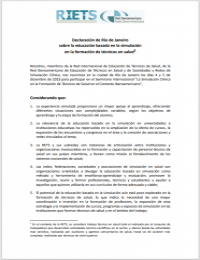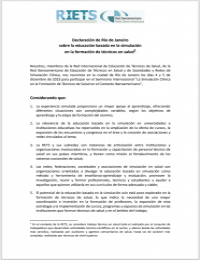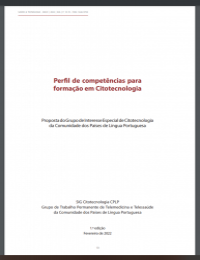Gender equity in the health workforce: Analysis of 104 countries (working paper)
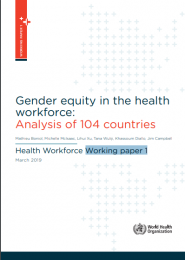
Resenha / Resumo:
“The health and social sector, with its 234 million workers, is one of the biggest and fastest growing employers in the world, particularly of women. Women comprise seven out of ten health and social care workers and contribute US$ 3 trillion annually to global health, half in the form of unpaid care work. Underinvestment in the health and social workforce undermines the prospects of achieving the Sustainable Development Goals (SDGs). The WHO SDG health price tag study finds that almost half of the investment required to achieve the health SDGs relates to education, training and employment of health workers. The WHO Global Strategy on Human Resources for Health: Workforce 2030 (GSHRH) estimates a global shortfall of almost 18 million health workers by 2030, primarily in low- and lower middle income countries. The GSHRH also calls for strengthening data and progressive implementation of National Health Workforce Accounts (NHWA). Investing in the health and social workforce not only contributes to the achievement of universal health coverage and to global health security, but, as the United Nations Secretary-General’s High-Level Commission on Health Employment and Economic Growth found, investments in the health and social workforce have a powerful multiplier effect on economic growth and can contribute to maximizing women’s economic empowerment and participation.
WHO, together with the International Labour Organization (ILO) and Organisation for Economic Co-operation and Development (OECD), adopted the Working for Health programme in 2017, a joint inter-agency multi-SDG programme to accelerate the expansion and transformation of the health and social workforce. The programme embraces gender as a core tenant and seeks to utilize workforce plans, investments and actions to seize the opportunities to realize the gender dividend. In November 2017, WHO established the Global Health Workforce Network which includes a Data and Evidence Hub and a Gender Equity Hub, which both bring together key stakeholders for strengthening data and evidence and supporting gender transformative actions and investments. While gender issues have been at the top of the global agenda, few comprehensive studies on gender in the health and social workforce have been conducted at the global level. This brief is based on an analysis of WHO NHWA data5 for 104 countries over the last 18 years.”

